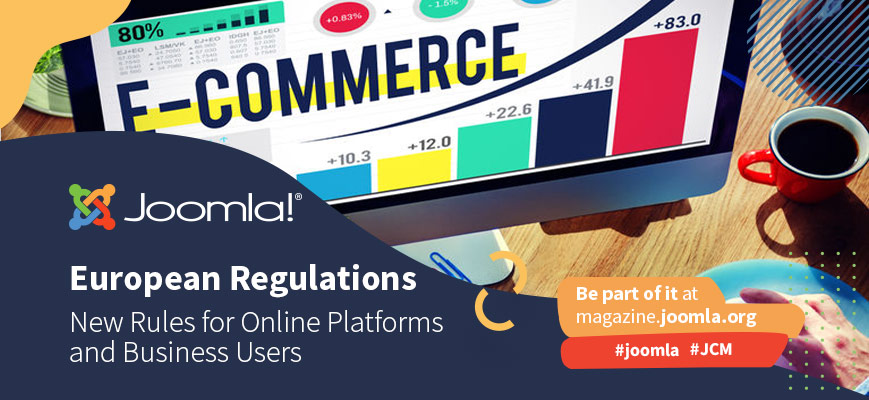The Impact of the EU 2019/1150 Regulation on eCommerce and Marketplaces
In mid-July of this year, the Regulation (EU) 2019/1150 of the European Parliament and of the Council of June 20, 2019, went into effect. The P2B regulation aims to increase fairness and transparency for businesses that use online intermediation services.
The Need For Change
Previously, there has not been regulatory measures that address online businesses to this extent. However, more online transactions and regulatory measures that address data and privacy create the need for additional laws to create balance.
Also, there have been examples where the lack of fairness and transparency has come to light and that go against the EU’s principles of market integration, free trade, and open communication. Numerous instances of unexplained changes to terms and conditions exist along with unclear policies about data access. There is also a lack of communication when accounts get suspended or even terminated.
When it came to search engine behavior, the ranking rules were unclear. There also appeared to be some preferential treatment for certain services associated with a search engine over other similarly available services.
And, when it came to trying to clarify these issues, there was no effective complaint procedure or dispute resolution process.
The Impact
Although it will have a direct effect on EU member states, there is an impact on businesses in other parts of the world like the U.S. That’s because any company that offers online intermediate services and online search engines to businesses in the EU are subject to the P2B Regulation.
Examples of online intermediation services include online e-commerce marketplaces, online software application services app stores, and online social media services. This regulation does not apply to online payment services, online advertising tools, or online advertising exchanges.The P2B Regulation also does not apply to platforms that only connect consumers to consumers like peer-to-peer (P2P) platforms or business-to-business (B2B) platforms.
To comply with these regulations, each service area must make some changes going forward to their online presence, including aspects of their websites.
Online Intermediate Services
Examples of these online e-commerce marketplaces include Amazon Marketplace, Facebook Marketplace, eBay, and others.
Other applicable online businesses that fall into this category are price comparison tools like Skyscanner and Google Shopping as well as application stores, such as Apple App Store, Google Play, and the Microsoft Store. Online social media services, including Facebook or Instagram, also must comply due to their advertising and product/service sales capabilities.
For online intermediate services, changes include updating terms and conditions and adapting certain procedures. These providers must make their terms and conditions easily available to business users.
They also must list any other distribution channels and affiliate programs where providers of online intermediation services might market their goods and services.
This will increase transparency and alert businesses to all the options where they can buy applicable products and services. All content must be as detailed as possible, including any further changes to the terms and conditions or any alteration to the products or services provided.
Online Search Engines
Online search engines like Google Search, Bing, and Yahoo! must comply with this regulation. This includes providing a straightforward explanation as to how they rank links in easy-to-understand language.
They need to also describe any differentiated treatment given to their own group of company's products or services. Where a business can pay to affect rankings, there must be a description in the terms and conditions of how the payment influences the rankings for that business.
Again, the emphasis is on fairness and transparency since there have been concerns that online search engines have exhibited signs of monopolistic behavior.
Questions Remain
Although the P2B Regulation clearly describes the regulatory measures, there are questions about the processes for enforcement or prosecution. Other questions involve how to determine whether a business user specifically directs their products and services to EU consumers or these consumers just stumble upon these specific companies. There are also no specific guidelines for designating the difference or how to handle these situations.
Conclusions
Those companies that provide online intermediate services and online search engines to businesses in the EU should prepare for these new rules now by making the changes to their terms and conditions and update their website information as outlined here. This is the time to be proactive, make the necessary changes to your Joomla website, and stay current on these important changes to the regulatory environment.
Some articles published on the Joomla Community Magazine represent the personal opinion or experience of the Author on the specific topic and might not be aligned to the official position of the Joomla Project
By accepting you will be accessing a service provided by a third-party external to https://magazine.joomla.org/
 Community Magazine
Community Magazine 
Comments